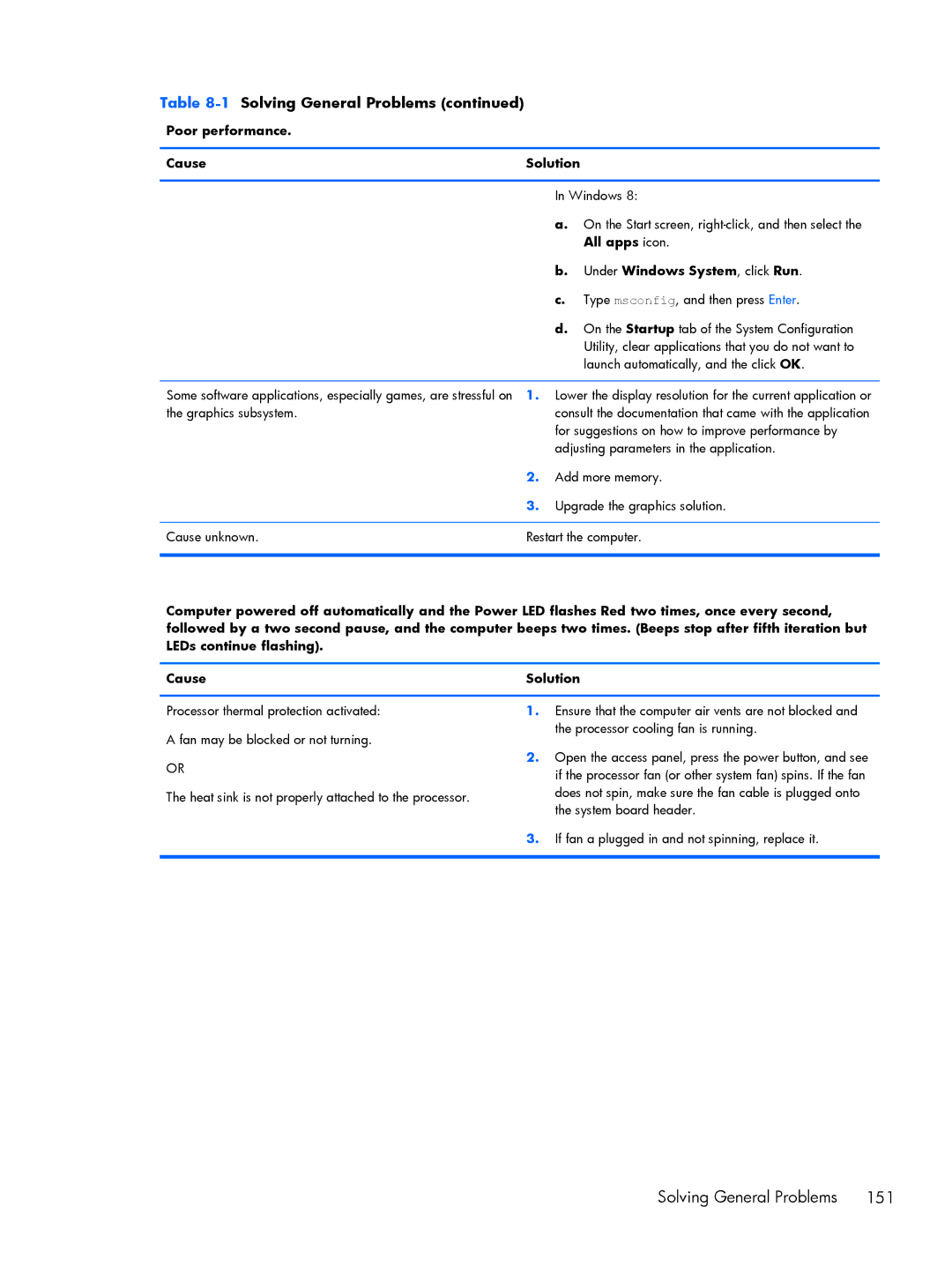
Table 8-1 Solving General Problems (continued)
Poor performance.
Cause | Solution |
In Windows 8:
a. On the Start screen,
b. Under Windows System, click Run. c. Type msconfig, and then press Enter.
d. On the Startup tab of the System Configuration Utility, clear applications that you do not want to launch automatically, and the click OK.
Some software applications, especially games, are stressful on | 1. | Lower the display resolution for the current application or |
the graphics subsystem. |
| consult the documentation that came with the application |
|
| for suggestions on how to improve performance by |
|
| adjusting parameters in the application. |
| 2. | Add more memory. |
| 3. | Upgrade the graphics solution. |
|
| |
Cause unknown. | Restart the computer. | |
|
|
|
Computer powered off automatically and the Power LED flashes Red two times, once every second, followed by a two second pause, and the computer beeps two times. (Beeps stop after fifth iteration but LEDs continue flashing).
Cause | Solution | |
|
|
|
Processor thermal protection activated: | 1. | Ensure that the computer air vents are not blocked and |
A fan may be blocked or not turning. |
| the processor cooling fan is running. |
|
| |
OR | 2. | Open the access panel, press the power button, and see |
| if the processor fan (or other system fan) spins. If the fan | |
|
| |
The heat sink is not properly attached to the processor. |
| does not spin, make sure the fan cable is plugged onto |
| the system board header. | |
|
| |
| 3. | If fan a plugged in and not spinning, replace it. |
|
|
|
Solving General Problems 151
